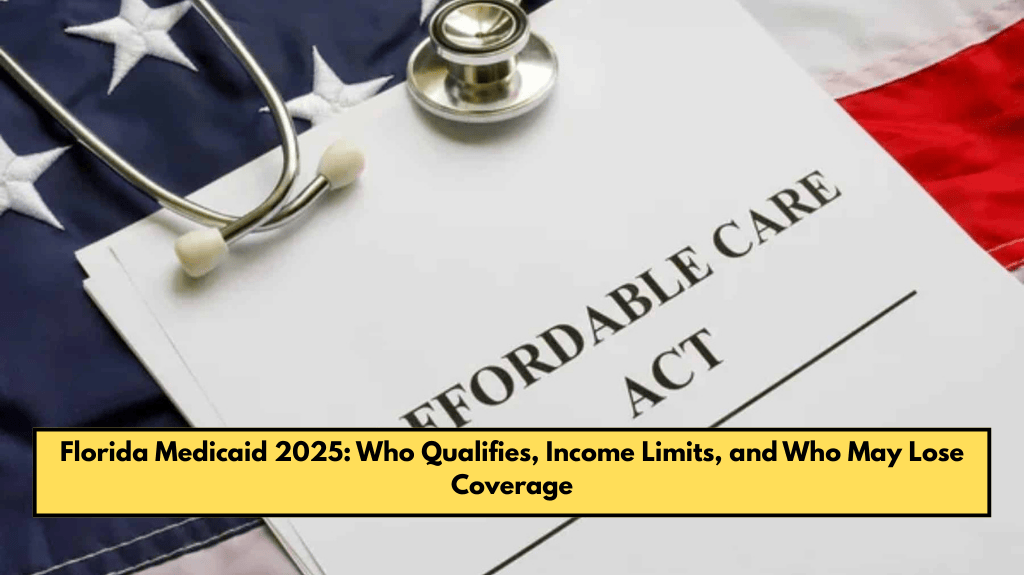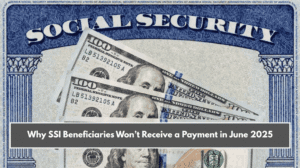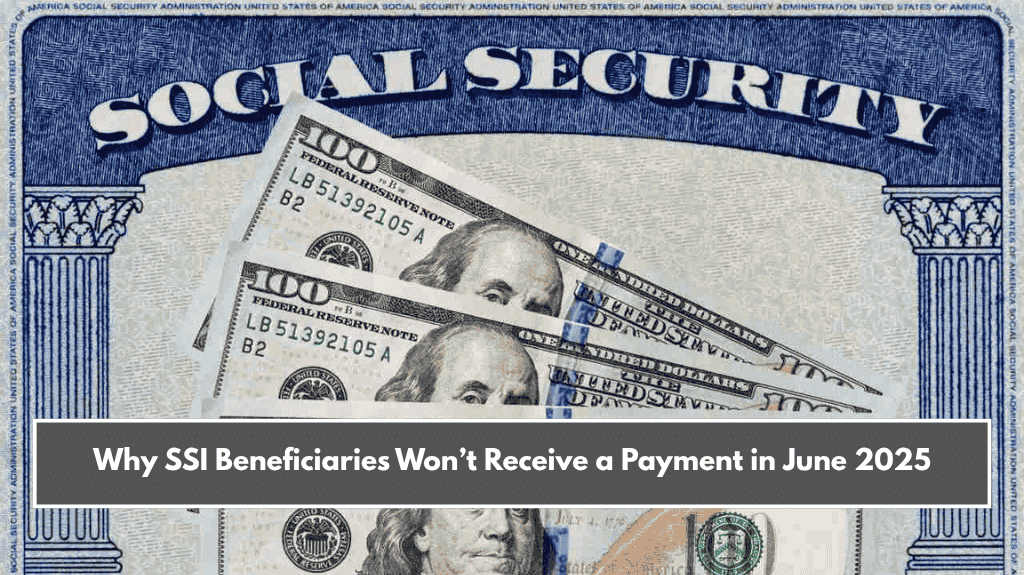Florida’s Medicaid program offers health insurance to people who have low incomes. This program is run using both state and federal government funds and helps families, senior citizens, pregnant women, and people with disabilities. But not everyone will qualify in 2025. New rules based on income, assets, family size, and coverage groups will decide who can stay on Medicaid and who may lose it.
Let’s take a look at the important points you need to know for Florida Medicaid in 2025.
Who Can Qualify for Florida Medicaid in 2025?
To receive Medicaid in Florida, two main things are considered:
- Family size – includes you, your spouse, your children, and any dependents
- Coverage group – this means which category you fall into, such as a child, pregnant woman, elderly person, or disabled individual
There are different income limits for each group. The larger the family, the higher the income limit allowed.
Income Limits Based on Program and Family Size
Florida offers several Medicaid programs. Below are the common ones and their limits from April 1, 2025 to March 31, 2026.
Regular Medicaid / MEDS-AD (for aged or disabled people)
- Single person: Income limit – $1,149/month; Asset limit – $5,000
- Married couple: Income limit – $1,552/month; Asset limit – $6,000
Institutional Medicaid (Nursing Home Care)
- Single person: Income limit – $2,901/month; Asset limit – $2,000
- Married couple (both applying): Income limit – $5,802/month; Asset limit – $3,000
- Married couple (one applying): Applicant – $2,901/month; Spouse can keep up to $157,920 in assets
HCBS Waivers (Home and Community-Based Services)
These programs have similar limits to Institutional Medicaid but are not guaranteed, and many people are placed on waiting lists.
How Income Is Calculated
Florida uses different methods to calculate your total income. It may include:
- Wages or salary
- Social Security benefits
- Pensions
- Other taxable and non-taxable income
Some programs use the MAGI (Modified Adjusted Gross Income) system. This method adds some tax-exempt income to your total to calculate eligibility.

What Counts as Assets in Medicaid?
Florida also checks your assets (things you own) to decide eligibility. Some countable assets include:
- Savings and bank accounts
- Stocks and bonds
- Extra real estate (not your main home)
What’s Exempt?
Certain assets are not counted when applying for Medicaid:
- One main home (as long as equity is below $730,000)
- Personal items
- One vehicle
What If Your Income Is Too High?
If your income is above the limit, you might still qualify under Florida’s Medically Needy or “Share of Cost” program. This allows you to spend your extra income on medical bills. Once your monthly share of cost is met, you will receive Medicaid for the rest of the month.
How to Apply for Medicaid in Florida
You can apply in two main ways:
- Online using the MyACCESS Florida website
- By contacting the Department of Children and Families (DCF) directly
Since the rules can be confusing, it’s a good idea to get help when applying. The Florida Agency for Health Care Administration has useful information and guides to help you complete the process correctly.
Florida Medicaid in 2025 comes with strict income and asset limits, and not everyone will remain eligible. People who go above the set limits may lose their coverage. However, options like the Share of Cost program can still help some individuals qualify.
If you or a family member relies on Medicaid, it’s important to stay updated on the latest rules and reapply when needed. Using support from official agencies or online portals can make the process smoother and increase your chances of staying covered.















